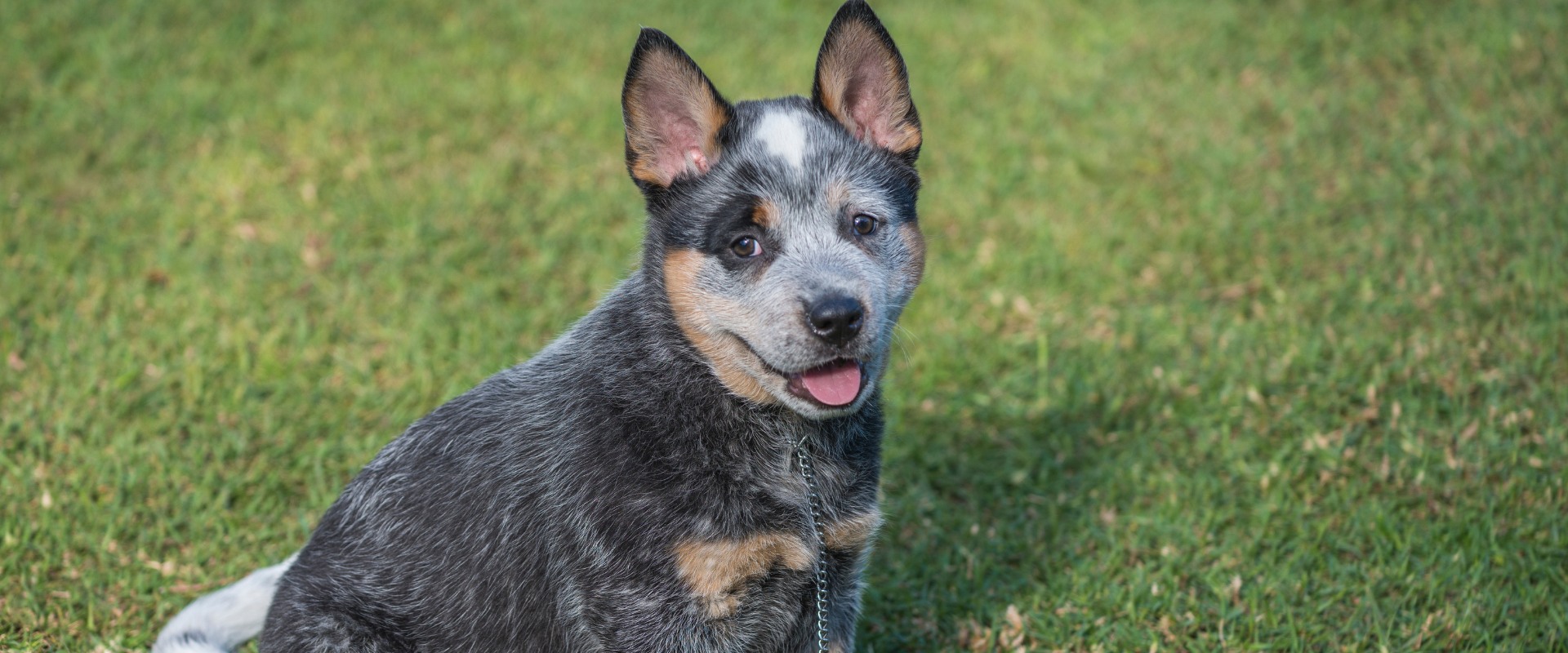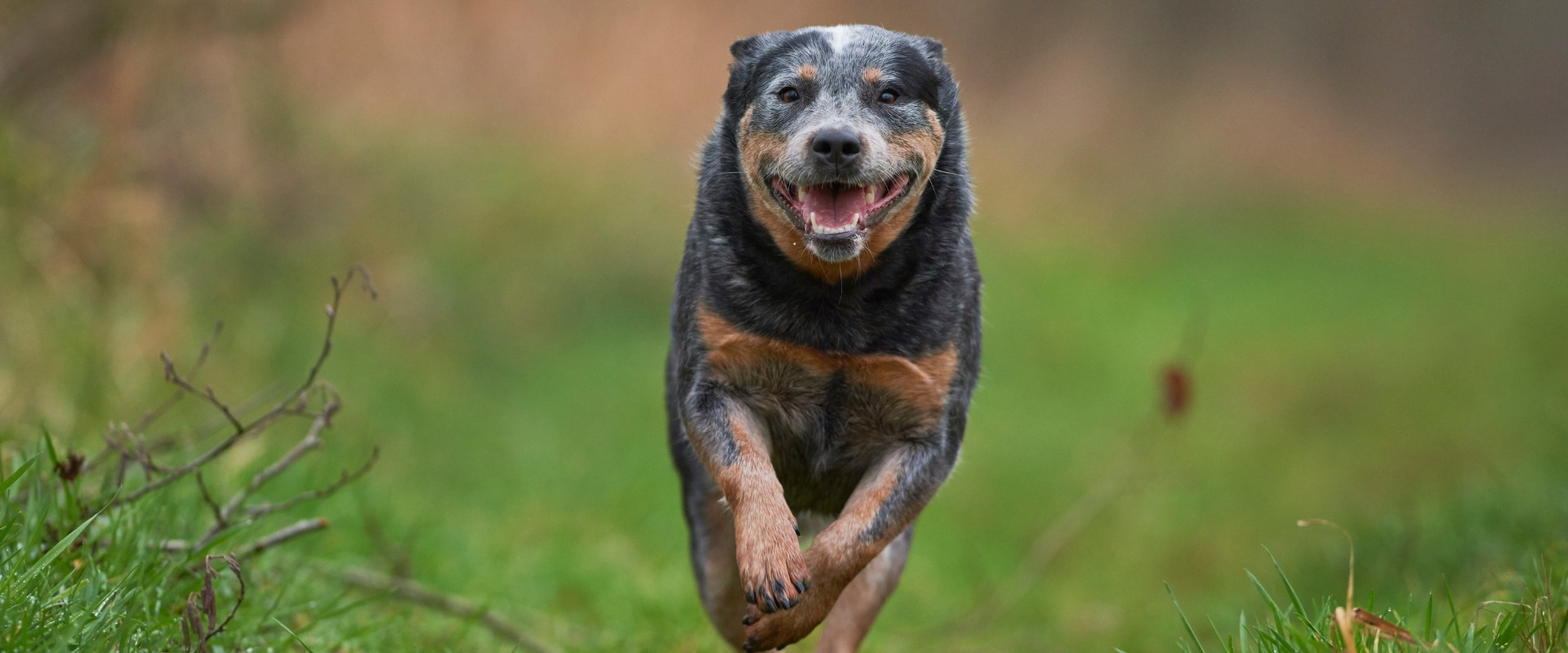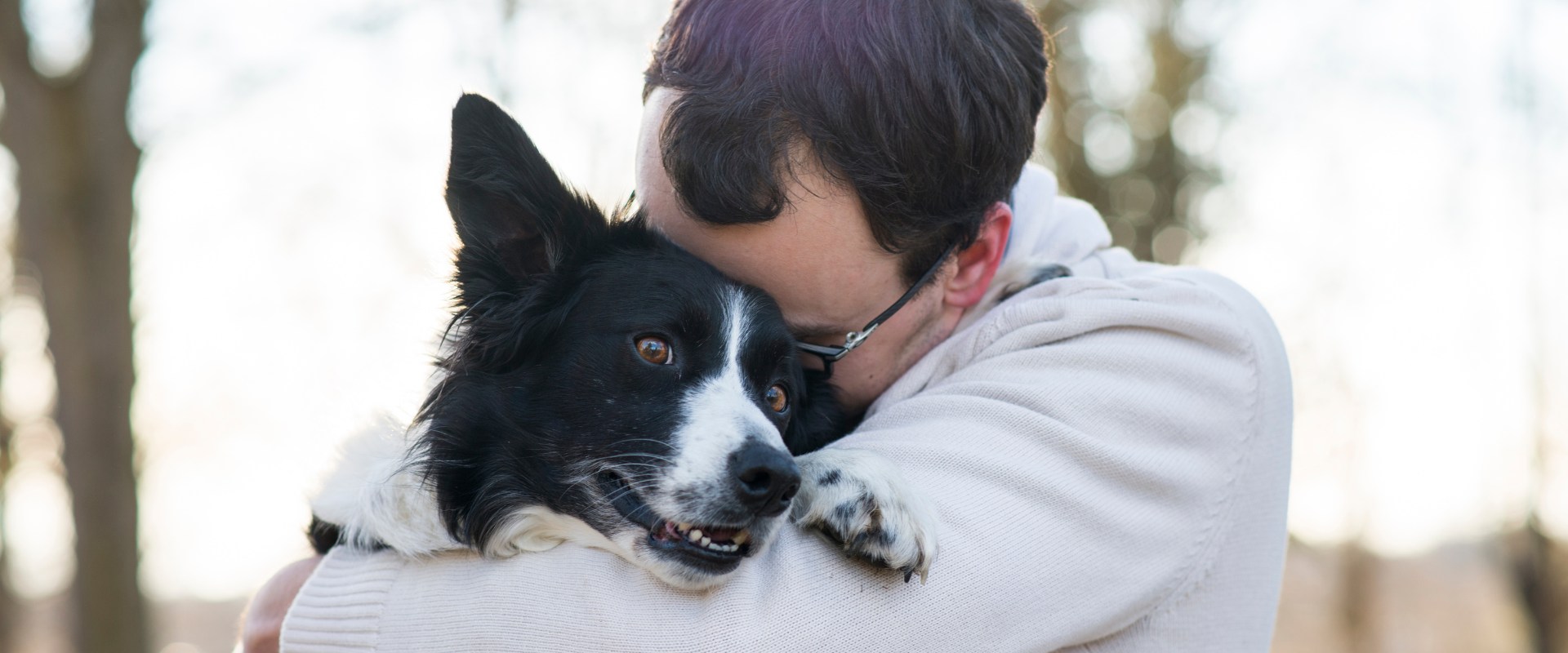Australian Cattle Dogs (ACD’s) are known for their intelligence, energy, and herding instincts. However, these same traits can also lead to behavior issues if not properly managed. Some of the most common ACD behavior issues include:
- Biting and nipping: ACD’s are bred to herd livestock, which often involves nipping at their heels. This instinct can carry over into domestic life, leading to unwanted biting and nipping behaviors.
- Barking: ACD’s are also known for being heavy barkers. This can be a problem if you live in a close-knit community or have noise-sensitive neighbors.
- Digging: ACD’s have a strong digging instinct, which can lead to damage to your yard or garden.
- Escaping: ACD’s are also known for being escape artists. If they are not properly fenced in, they may wander off or even escape your yard.
- Aggression: In some cases, ACD’s can exhibit aggression towards other dogs or people. This is especially true if they are not properly socialized or trained.
While these behavior issues can be frustrating, it is important to remember that ACD’s are intelligent and trainable dogs. With the right approach, most ACD behavior issues can be successfully addressed.
tips for preventing and addressing common ACD behavior issues:
- Biting and nipping: The best way to prevent biting and nipping is to start training your ACD puppy early. Teach them that biting and nipping are not acceptable behaviors. If your ACD does bite or nip, redirect their attention to a toy or chew bone.
- Barking: If your ACD barks excessively, there is usually an underlying cause. Try to identify the cause of the barking and address it. For example, if your ACD barks at strangers, try socializing them more. If your ACD barks when left alone, try providing them with more enrichment activities.
- Digging: If your ACD digs, try to provide them with a designated digging area. You can also try burying bones or toys in the yard to discourage your ACD from digging in other areas.
- Escaping: If your ACD is an escape artist, make sure your yard is properly fenced in. You may also want to consider using a GPS tracker to track their location.
- Aggression: If your ACD exhibits aggression towards other dogs or people, it is important to seek professional help. A qualified behaviorist can help you identify the cause of the aggression and develop a plan to address it.
In addition to addressing specific behavior issues, it is also important to provide your ACD with adequate exercise and mental stimulation. ACD’s are high-energy dogs that need plenty of opportunities to run and play. They also benefit from mental stimulation activities such as obedience training, puzzle toys, and interactive games.
If you are struggling to address your ACD’s behavior issues on your own, there are a number of resources available to help you. You can consult with a qualified behaviorist or trainer, or join a local ACD club or support group.

some additional tips for living with an ACD:
- Be consistent with training: ACD’s are intelligent dogs that respond well to consistent training. Be sure to use positive reinforcement methods and be patient.
- Provide plenty of exercise: ACD’s are high-energy dogs that need plenty of exercise. Aim to give your ACD at least 30 minutes of vigorous exercise each day.
- Socialize your ACD early: It is important to socialize your ACD puppy early. This will help them learn to interact appropriately with other dogs and people.
- Be a patient and understanding owner: ACD’s can be challenging dogs, but they are also loyal and loving companions. With patience and understanding, you can develop a strong bond with your ACD and enjoy many years of companionship together.
Train Australian Cattle Dog
Australian Cattle Dogs (ACDs) are intelligent and trainable dogs, but they can also be challenging. They are bred to herd livestock, which requires them to be independent and assertive. This can make them difficult to train, but it is important to remember that ACDs are also eager to please their owners.
Here are some tips for training an Australian Cattle Dog:

- Start early: The best time to start training an ACD is when they are a puppy. Puppies are more receptive to training than adult dogs.
- Be consistent: ACDs need consistent training in order to learn. Make sure to use the same commands and rewards each time you train.
- Use positive reinforcement: ACDs respond best to positive reinforcement training methods. This means rewarding them for good behavior. Rewards can include treats, praise, or petting.
- Keep training sessions short and fun: ACDs have short attention spans, so it is important to keep training sessions short and fun. Aim for training sessions that are no more than 10-15 minutes long.
- Be patient and understanding: Training an ACD can take time and patience. Don’t get discouraged if your ACD doesn’t learn a command right away. Just keep practicing and be patient.
specific training tips for common ACD behavior issues:
- Biting and nipping: To prevent biting and nipping, teach your ACD puppy that these behaviors are not acceptable. You can do this by redirecting their attention to a toy or chew bone when they bite or nip. You can also try using a bitter apple spray on your hands to deter them from biting.
- Barking: If your ACD barks excessively, there is usually an underlying cause. Try to identify the cause of the barking and address it. For example, if your ACD barks at strangers, try socializing them more. If your ACD barks when left alone, try providing them with more enrichment activities.
- Digging: If your ACD digs, try to provide them with a designated digging area. You can also try burying bones or toys in the yard to discourage them from digging in other areas.
- Escaping: If your ACD is an escape artist, make sure your yard is properly fenced in. You may also want to consider using a GPS tracker to track their location.
- Aggression: If your ACD exhibits aggression towards other dogs or people, it is important to seek professional help. A qualified behaviorist can help you identify the cause of the aggression and develop a plan to address it.
If you are struggling to train your ACD on your own, there are a number of resources available to help you. You can consult with a qualified behaviorist or trainer, or join a local ACD club or support group.
Conclusion
Australian Cattle Dogs are intelligent, energetic, and loyal dogs. However, they can also be challenging due to their strong herding instincts. If you are considering getting an ACD, it is important to be prepared to address potential behavior issues. By following the tips above, you can help your ACD live a happy and well-balanced life.



